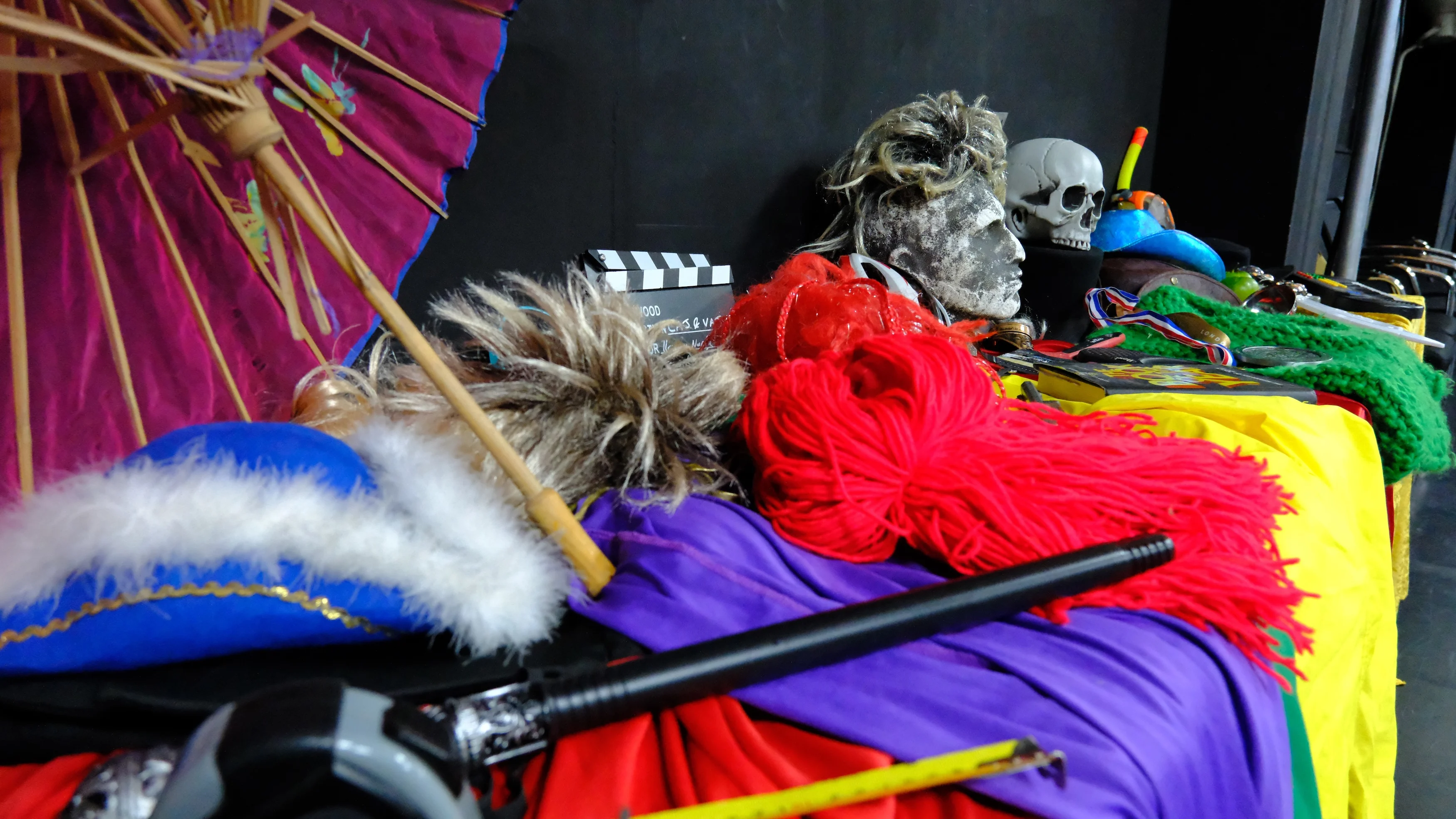
Make Friends Have Fun With Props: Play Games, Discover, Connect - Playface x The Fun Fed
Old Winchester Arms, London
Learn More

Justification and Rationalisation are both answers to the same question: Why does this character behave this way?
They’re about the why behind a character’s Point of View — the reason that fuels their Game and colours all their choices.
Understanding the difference will help you create characters that feel alive, consistent, and easier to play over time.
A justification is a reason for a character’s behaviour that is within their control. It’s something they’ve chosen, consciously or unconsciously.
It reflects a decision about how they want to see or act in the world.
It keeps the character accountable for their actions.
It often makes the audience feel more connected to them because it’s rooted in human choice.
Example
POV: The eternal optimist
Justification: “I believe life is more enjoyable when you always look on the bright side.”
— This gives us a character who actively chooses optimism, and we can watch them double down on it in any situation.
Justifications don’t have to be logical. In fact, illogical justifications can be very funny — but if they drift too far from recognisable human thinking, they risk becoming less relatable and less playable.
A rationalisation is a reason for behaviour that is outside the character’s control. It removes agency.
It can make the character harder to connect with emotionally, because the behaviour feels like a fixed condition rather than a choice.
It often limits the comic range of the character, because we’re watching a symptom rather than a worldview in action.
Example
POV: The eternal optimist
Rationalisation: “I had brain surgery that now makes me only see the positive in life.”
— This shifts the comedy away from choice and towards a fixed quirk, which can flatten the Game over time.
When a character’s “why” comes from a justification:
Their choices feel motivated and can be explored in more directions.
They can adjust, double down, or contradict themselves in ways that heighten the Game.
When the “why” comes from a rationalisation:
You risk reducing them to a one-note behaviour.
Some rationalisations can make a character harder to play — for example, “They’re forgetful because they have Alzheimer’s” is both ethically tricky and dramatically limiting compared to “They’re forgetful because they want an excuse to talk to people.”
A strong Point of View needs a fuel source — that’s where justification or rationalisation comes in.
A universally playable POV will almost always be stronger with a justification, because it keeps the character’s agency intact.
In Game terms, justification gives you more beats to play — the character can keep finding new ways to act on their chosen belief. Rationalisation tends to give you only the symptom to play.
When you discover a POV, ask:
Could this character change if they wanted to? If yes, you’re probably in justification territory.
Does the reason put the power outside their hands? If yes, it’s a rationalisation.
